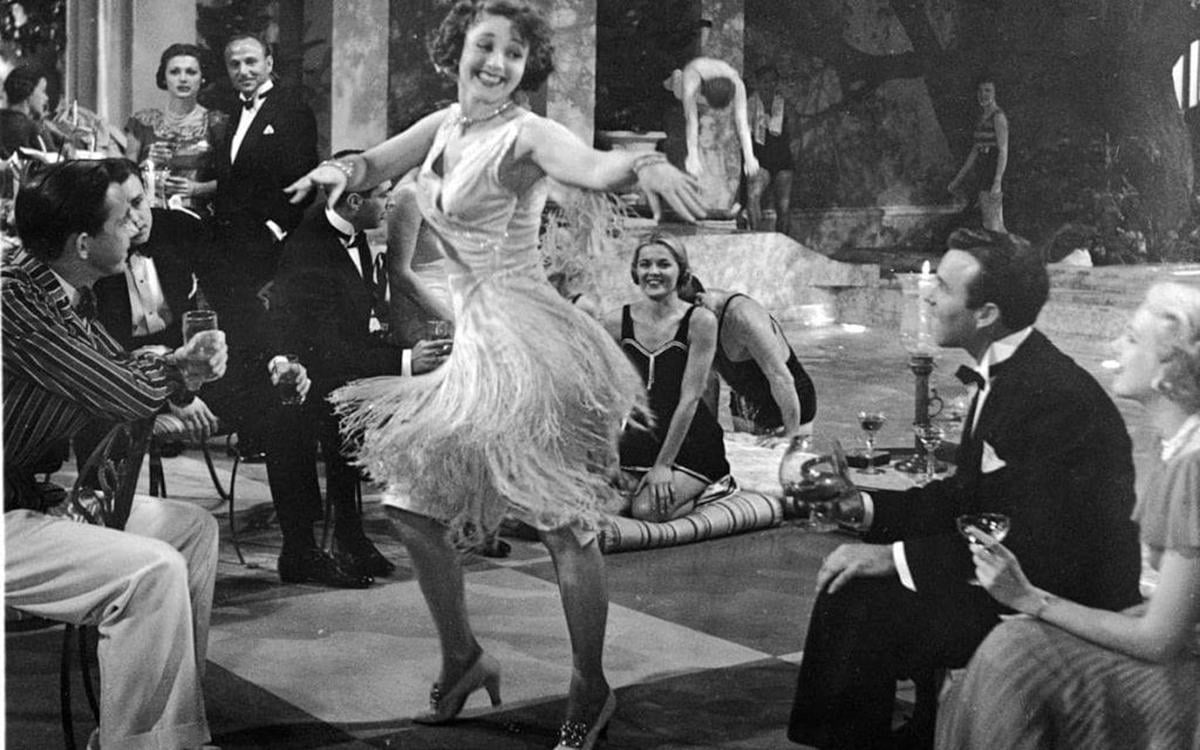
In 1914 WW1 began. At this time the U.S. was not involved, it was just Europe. No one in the U.S. wanted to be in this war and even President Wilson spoke up explaining, "I'll keep the boys out of the war." However, obviously this was on of many president lies and Wilson was getting torn a part for joining in with the war. Jumping into the 1920's, the 19th amendment was established. This amendment gave women the right to vote. It was a huge turning point as women never had any rights. They weren't even allowed to have a job! Fredrick Douglas, was the only one to speak up on behalf of women voting. He saw it in a way that was parallel to anti-slavery and did not agree with the way the government was treating their people. Everyone deserved to be equal and so, a change was finally made. Another moment in the 1920's was the invention of the radio. This came out when the roaring 20's became such a huge part of history. People began to change the norm. Wearing shorter skirts, having short and long hair, as well as listening to jazz music. The speakeasies encouraged black and whites to join together. Playing the same music in the same band, it was a major turning point. The Harlem Renaissance also came about during this time. Then, in 1925, Pierce vs Society of Sisters and Gitlow vs NY "in corporation" speech came about. The Judiciary act introduced the concept of certiorari. The power of the court to pick and choose what decision it takes. This is all explained by a three-level foundation. A case is brought to the district who establish the facts of a case. Once the facts are set straight, the case is raised to the "triers of law." Known as "due process," the lawyers will also check to make sure that the persons case received due process from the court. From their this appellate court decides whether it deserves to be appealed. If they are positive that the case has due process, it gets sent to the Supreme Court. When the Pierce vs Society of Sisters went through all of the levels arriving at the Supreme Court, the public was shocked about them taking an abortion case, but they did this because they were going to make a change. Ending with 1931 is Near vs Minnesota. This was a milestone moment. Minnesota had a law that banned no sensational journal. The court then gave him an injunction, which is in fact prior restraint. Prior restraints are almost always unconstitutional. The three exceptions are, obscenity, incitement and threats to national security in war. War is a trigger that allows the government to do different things they can't do during peace time. Meaning, it gives them the power to create conflict with our rights.

No comments:
Post a Comment